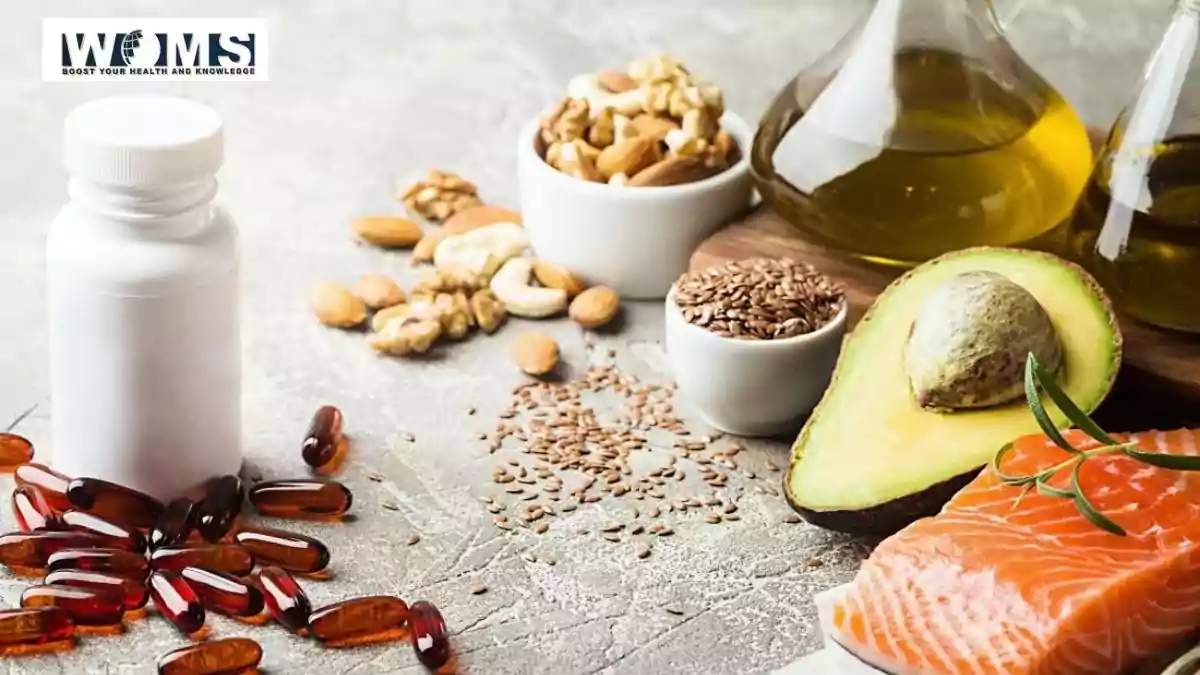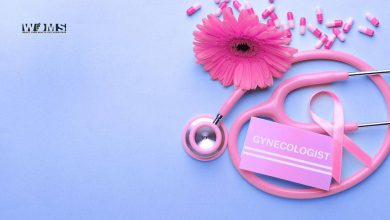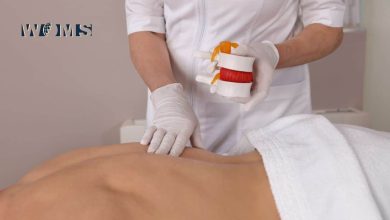8 Foods and Supplements to Take When Recovering from Injuries

Whether you are recovering from a car accident or sports injury, what you eat has a big impact on how feel and how fast you recover and be able to get back to your everyday life routine before the injury.
Besides, either it’s a traumatic brain injury treatment or healing from a fracture, your doctor almost always recommends eating food items that can help you with your recovery and overall well-being. Hence, let’s get to the list of the top eight food items and supplements that you should consider including in your diet to help you recover from an injury completely and quickly.
High in protein foods
Protein works as an important building block for most tissues in the body, including muscles.
Often, after an injury, the affected body party is immobilized, which generally leads to loss of strength and muscle mass. However, by consuming a protein-rich diet you can help minimize this loss and prevent inflammation from slowing down the recovery.
Protein-rich foods like fish, meat, tofu, poultry, nuts, peas, and beans can also help rebuild any the lost muscles during the injury.
Fiber-rich foods
A lot of times when you are recovering from an injury, you tend to minimize the use of the injured body part and try to get as much rest as possible. This sometimes results in unwanted body fat.
Hence, you can compensate for this by avoiding overeating and including more fiber-rich foods in your diet. The fiber and protein-rich diet will help your feel full for longer periods of time.
High in fiber foods like fruits, vegetables, whole grains, and legumes are filling and they give your body several other essential nutrients like vitamin C, zinc, and magnesium.
High in vitamin C fruits and vegetables
Including vitamin C in your diet is very important for rebuilding tissues after an injury. It enables your body to make collagen that helps to maintain the overall health of your bones, skin, muscles, and tendons.
Besides, vitamin C also has antioxidants and anti-inflammatory properties that can speed up your healing process. That said, it is very easy to include vitamin C in your diet by adding citrus fruits, yellow and red bell peppers, kiwi, leafy greens, berries, tomatoes, mango, and papaya in your diet.
Omega-3 fatty acids
The initial phase of healing wounds after an injury involves some inflammation and this response is actually beneficial for recovering properly. However, if the inflammation continues to be high for long, it can slow down your recovery.
Adding omega-3 fats to your diet is one way to prevent excess inflammation. Fish, algae, walnuts, chia seeds, and flaxseeds are few examples of food items that are a good source of omega-3 fatty acids. That said, you can also include omega-3 fats in your system by taking doctor-recommended supplements.
Vitamin D and calcium-rich foods
Calcium is an essential mineral for your bones and teeth, it is also known to be important for muscle contractions and nerve signaling. Hence, it is recommended to make sure you have enough calcium in your system not just when you are recovering from an injury. Dairy products, broccoli, leafy greens, sardines, okra, seaweed, almonds and calcium-fortified tofu and plant milk are a few good sources of calcium.
That said, vitamin D is an equally important component for your body functions as it helps your body absorb the calcium that you consume. Together, vitamin D and calcium play a key role in healing from a bone injury. Even though only a few foods naturally contain vitamin D, but you can consume vitamin D from exposure to the sun. If you spend limited time outdoors and, in the sun, you make want to consider taking supplements for vitamin D.
High in zinc foods
Many enzymes and proteins contain zinc, including those your body needs for healing of the wound, tissue repair, and growth. Besides, not consuming enough zinc from your diet may even delay your recovery.
Hence, it is important to add zinc-rich foods in your diet, like meat, fish, seeds, pulses, nuts, and whole-grain to more effectively recover from an injury. You might be tempted to go for the easy way and consume supplements but they may cause copper deficiency for some people. Hence, make sure to consult your doctor before taking supplements.
Creatine
Creatine supports your body by producing energy when you are lifting something heavy or doing high-intensity exercise. It is often taken as a supplement for increasing muscle mass and improving performance in different sports. However, it can also be helpful in recovering from an injury. Creatine is naturally found in foods like poultry, meat, and fish.
Glucosamine
Glucosamine is involved in the creation of tendons, ligaments, and cartilage, it is a natural substance part of the fluid that surrounds your joints. Even though your body naturally generate glucosamine, but you can also add to your levels by consuming supplements.
Glucosamine supplements are usually made from fermented corn or shellfish shells. However, before taking these supplements make sure to consult your doctor and ensure if they are suitable for your condition.
Take a healthy and balanced diet
To ensure you recover completely and quickly from an injury, you need to make sure you are giving your body a healthy and balanced diet with all important nutrients your body needs for its functions, repair, growth, and healing. However, in addition to vitamin C and D, calcium, and other above-mentioned foods and nutrients, your body also needs many other nutrients.
For example, magnesium helps promotes bone strength and firmness. It is found in food like cashews, almonds, peanuts, brown rice, potato skins, lentils, kidney beans, black-eyed peas, and milk. Besides, other nutrients like silicon, vitamin K1 and K2, boron, inositol, and arginine are also important for your recovery. Hence, make sure you are mindful about what you eat especially while you are recovering from your injuries, and ensure you give your body the fuel it needs to repair, rebuild, and heal.




